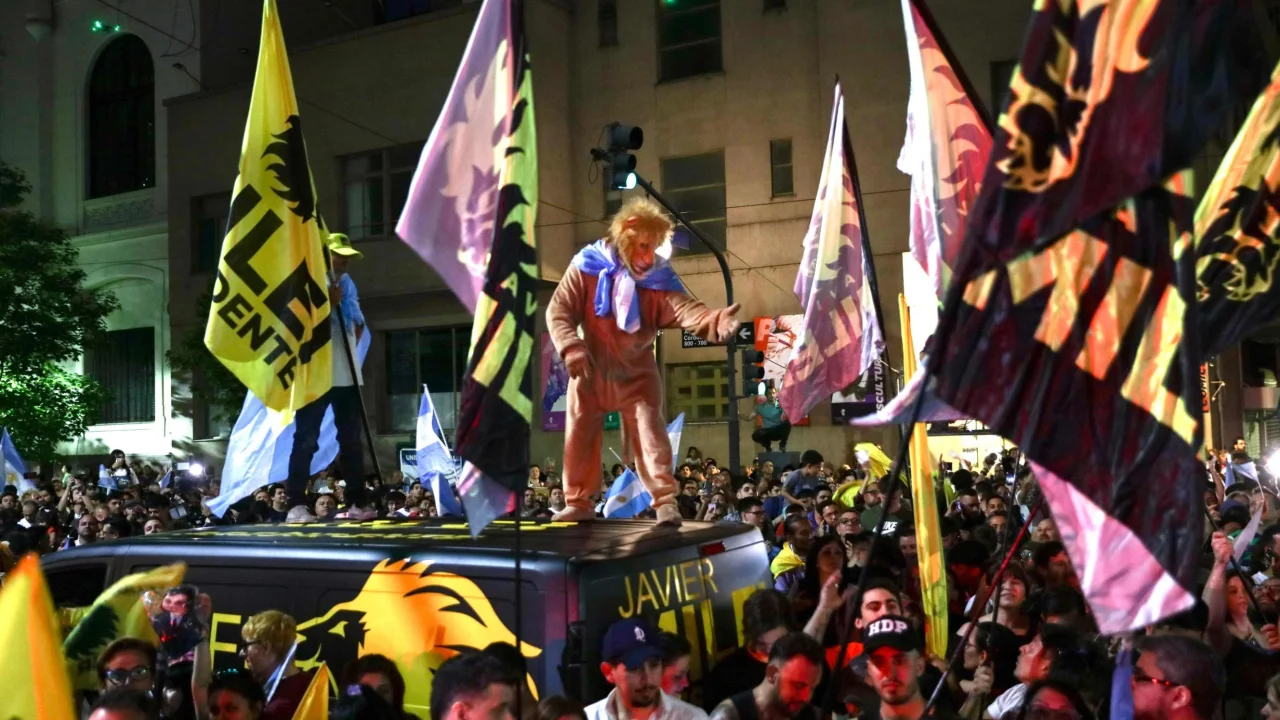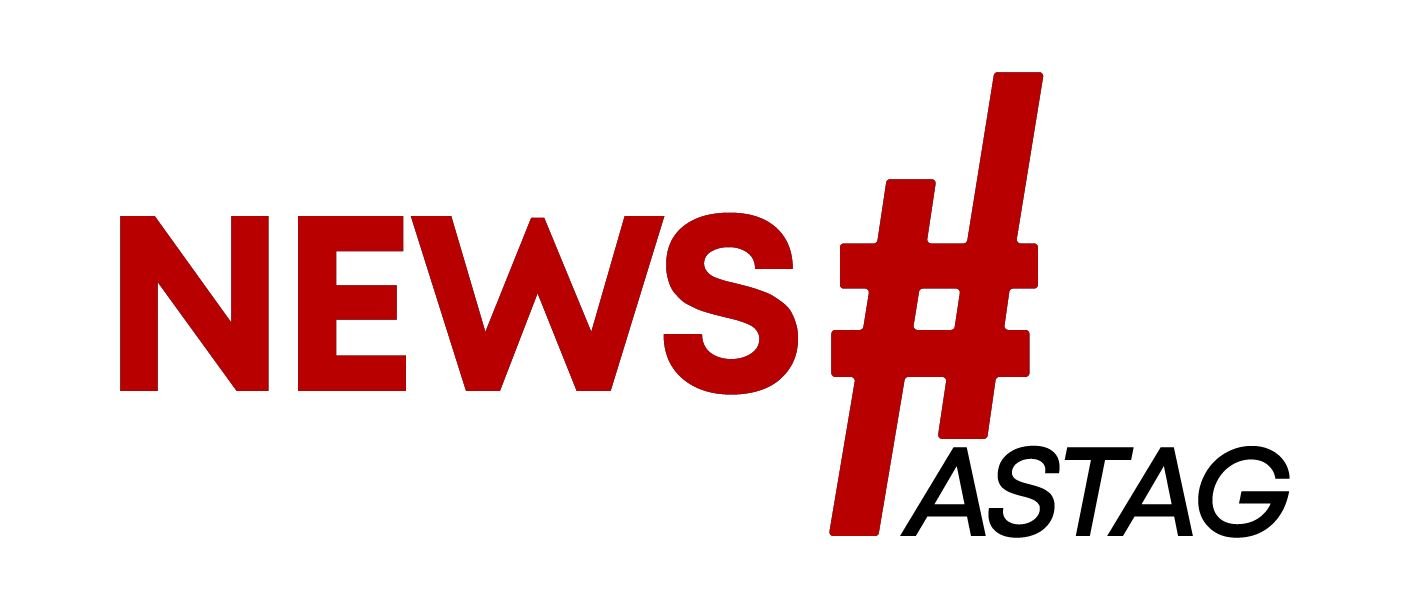In the unfolding narrative of Argentina’s presidential elections, Javier Milei emerges as the victor, steering his nation toward a right-leaning trajectory with a campaign that echoes the bombastic, anti-establishment style reminiscent of former US President Donald Trump. This political triumph takes place against the backdrop of Argentina grappling with one of the highest inflation rates globally.
Sergio Massa, Milei’s rival, gracefully conceded defeat in the run-off vote on Sunday evening, displaying sportsmanship by acknowledging Milei’s victory even before official results were officially declared. In a succinct speech, Massa declared, “Milei is the president elected for the next 4 years,” revealing that he had already extended his congratulations to the newly elected leader.
Provisional results paint a clear picture of Milei’s victory, securing over 55% of the votes (13,781,154) with more than 94% of the votes counted, according to data from the country’s National Electoral Chamber. While the formal declaration of an official winner is pending, Milei’s ascension from a former TV pundit to the highest office in the land marks an extraordinary political journey.
Milei’s foray into the political arena was marked by a promise to dismantle the status quo, personified by Sergio Massa. His unconventional campaign was characterized by audacious proposals, notably the dollarization of Argentina. If implemented, this move would thrust the country into uncharted territory, as no nation of Argentina’s size has previously relinquished control over its monetary policy to decision-makers in Washington.
A social conservative with affiliations to the American right, Milei has positioned himself staunchly against abortion rights and controversially dismissed climate change as a “lie of socialism.” His commitment to fiscal conservatism includes bold measures such as the closure of Argentina’s ministries of culture, education, and diversity, alongside the elimination of public subsidies.
Former US President Donald Trump took to his Truth Social platform in response to Milei’s victory, posting, “Make Argentina great again!” and expressing his pride in Milei’s achievement. The parallels drawn between Milei and Trump have not gone unnoticed, attracting attention not only for Milei’s political style, which includes wielding chainsaws and passionate outbursts, but also for the novelty of his positions and his unwavering determination to disrupt the established order.
In echoes of Trump’s ‘Drain the swamp’ slogan, Milei’s supporters passionately chant, “¡¡Qué se vayan todos!!” translating to “May they all leave!” – a fervent expression of frustration directed at politicians from across the political spectrum. Notably, Argentina’s left is currently in power, succeeding the right’s rule from 2015 to 2019.
Beyond the controversial dollarization proposal, Milei’s political agenda encompasses a series of measures such as reducing regulations on gun control and transferring authority over the penitentiary system from civilians to the military. These measures align with a tough-on-crime approach. Additionally, he advocates for the use of public funds to support families opting for private education for their children and even suggests the privatization of the health sector, a historically public domain in Argentina.
While Milei’s outspoken comments on opening a market for organ transplants and labeling Pope Francis “an envoy of Satan” in 2017 stirred controversy, they did not deter his fervent supporters. His unexpected rise to political prominence will be closely scrutinized globally, potentially indicating a resurgence of far-right populism in the region.
Former Brazilian President Jair Bolsonaro’s endorsement of Milei’s candidacy underscores the regional significance of Milei’s political ascent. In contrast, leftist leaders in the region, including current Brazilian leader Luiz Inácio Lula da Silva and Colombia’s Gustavo Petro, deviated from the tradition of non-intervention to rally behind Massa in the lead-up to the elections.
Public opinion polls had indicated a closely contested race between the two candidates in the weeks leading up to the elections. Massa, a seasoned politician, came to embody Argentina’s political establishment during the race against Milei. Despite overseeing a period of severe inflation during his tenure as economy minister, Massa argued that the current government’s actions were mitigating economic challenges. However, this argument failed to sway voters exhausted by a persistent cost-of-living crisis, creating the pathway for Milei’s unexpected political triumph.
As the dust settles on Argentina’s political landscape, Milei’s victory represents more than a shift in leadership; it signifies a departure from the conventional political script. His unapologetically bold proposals and brash political style have captured the attention of a nation yearning for change. Whether Milei’s presidency will usher in a new era of right-leaning policies, or face challenges in the implementation of his radical agenda, remains to be seen. What is undeniable is that Argentina, and the world at large, will be closely watching as Milei assumes the reins of power, navigating uncharted waters and shaping the nation’s trajectory in the years to come.




